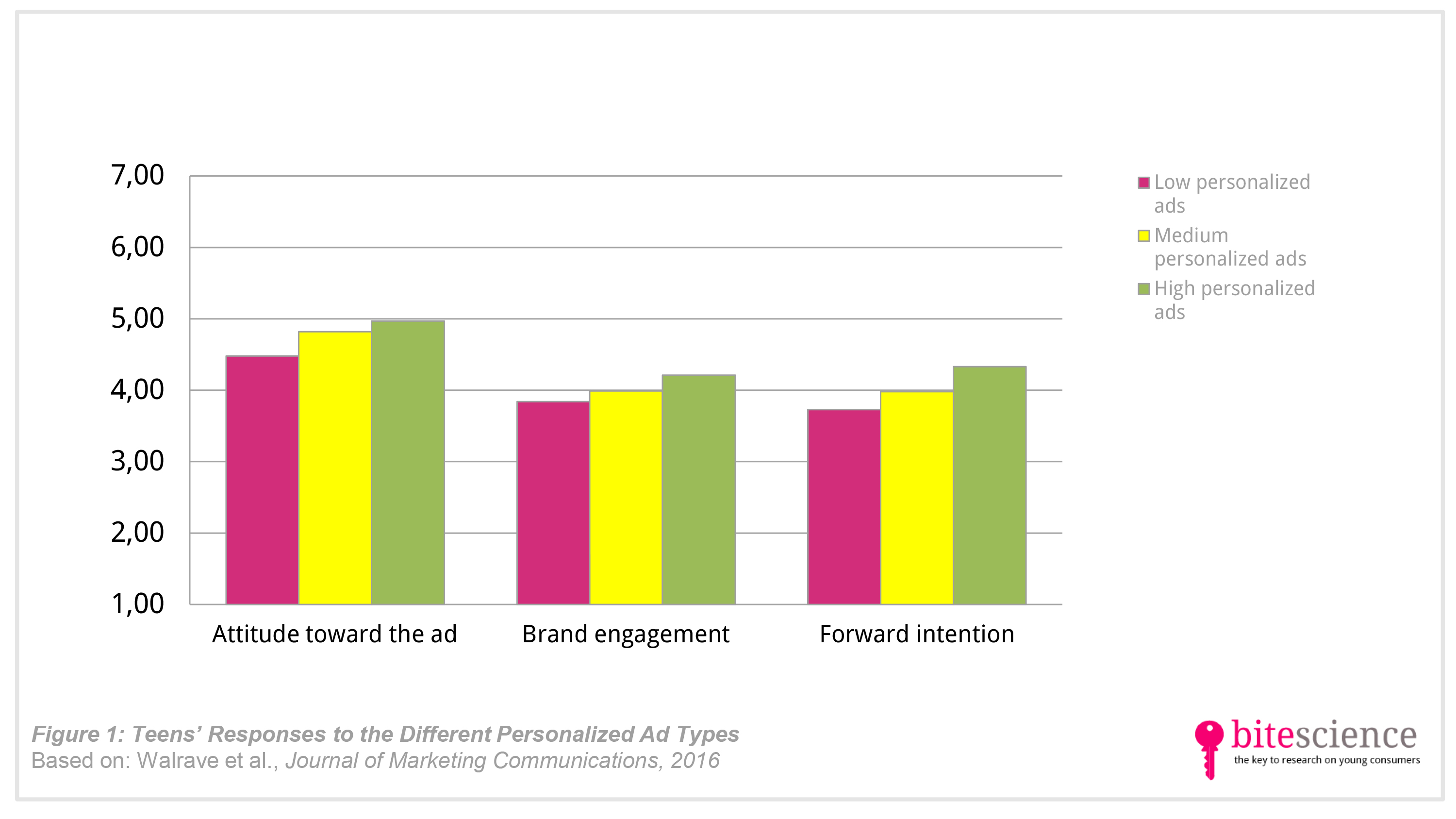
Teens Like Personalized Ads on Social Network Sites
Teenagers share various types of personal information on social network sites. They share their opinions, the stuff and brands they like, and other kinds of personal preferences. Marketers and advertisers use this information to target their advertisements to individual consumer profiles. A study in Journal of Marketing Communications investigates how teens respond to personalized ads. It shows that the more personalized ads on social network sites are, the more positive teens evaluate those ads and advertised brands.
Take aways
- The more personalized ads on social network sites are, the more positive teens are about the ad and the advertised brand.
- Teens are also more inclined to forward highly personalized ads than less personalized ads.
- Privacy concerns don't play a role in how teens respond to personalized ads.
- Marketers and online advertisers should know that teens respond positively to highly personalized ads.
- For those concerned with the advertising literacy of teens, it is important to be aware of the fact that teens might be less critical towards this form of advertising.
Study information
The question?
How do teens responds to personalized ads on social network sites, and what’s the role of privacy in this?
Who?
40 teenagers between the ages of 14 and 18 years (mean age: 16 years, 50% girls)
Where?
The Netherlands
How?
Participants were invited to join a Facebook group to allow the researchers access to their online profiles. The online profiles were then used to design three different kinds of personalized advertising messages: (1) “low-personalized ads” based on participants’ first name, (2) “medium personalized ads” based on participants’ first name, gender, date of birth, interests, and profile picture, and (3) “high personalized ads” based on participants’ status updates and personal address.
At the start of the study, the researchers told participants that they were going to asses a new Facebook advertising campaign for Coca-Cola Plus, a new product with added vitamins and minerals (not available yet in the country in which the study took place). Participants then watched the three personalized ads in separate videos (showed as personal examples on the fictitious Facebook page for Coca-Cola Plus), and were asked to imagine that they had seen the ads on their own Facebook page. After each video, participants indicated whether they liked the ad, how engaged they were with the brand, and whether they would like to forward the ad to others. At the end of the study, they were also asked for their concerns about online privacy.
Facts and findings
- Overall, the most personalized ad was most effective (see Figure 1), which means that teens who saw the high personalized ad:
- were most positive about the ad;
- were most positive about the advertised brand;
- had the highest intention to forward the ad to others.
- Privacy concerns did not affect participants’ responses to the personalized ads.
- According to the researchers, a possible explanation for this could be that the perceived benefits of personalized ads (e.g., relevance, interest) overshadow privacy concerns.
